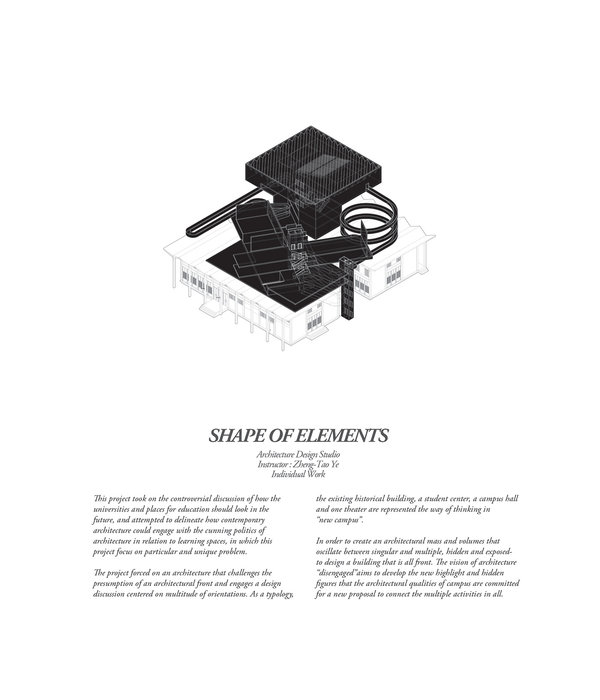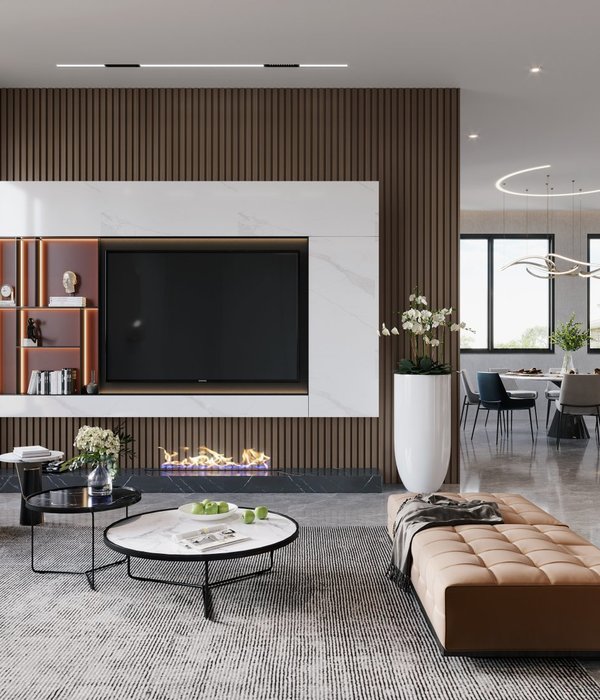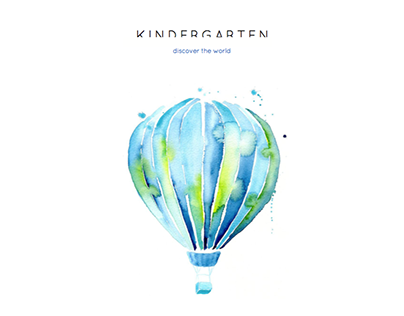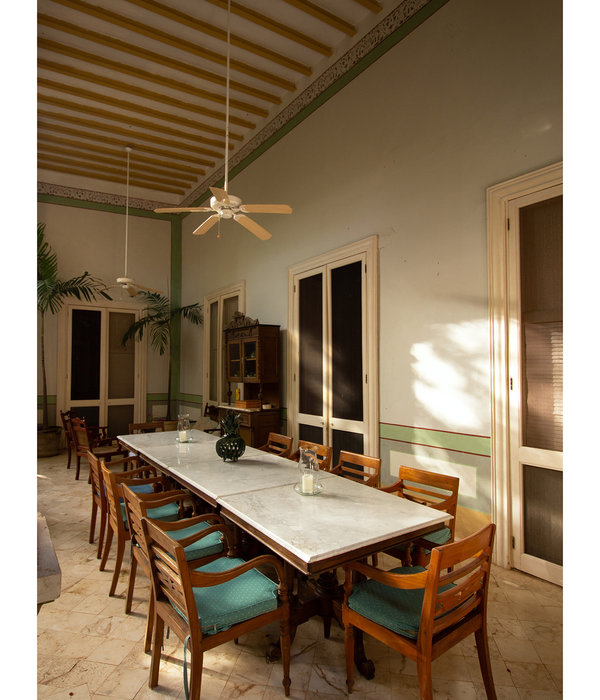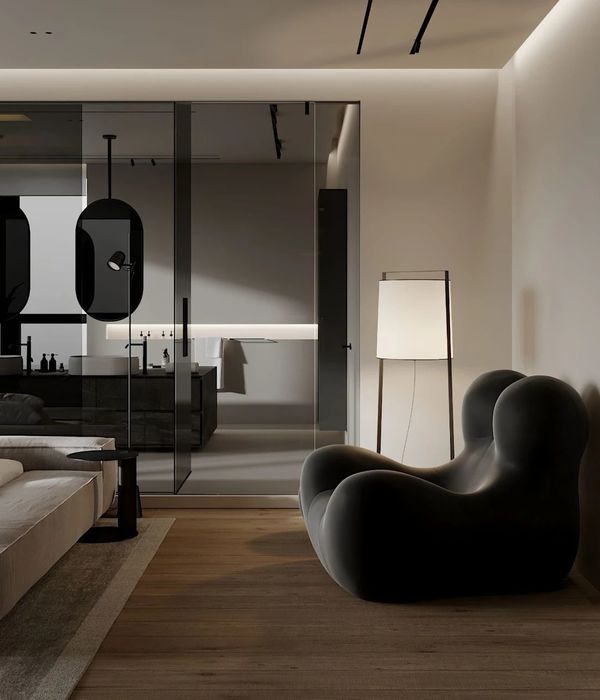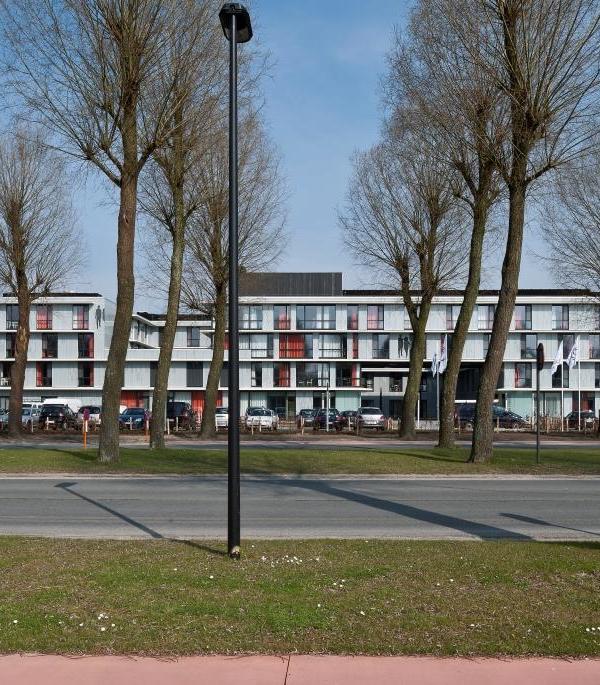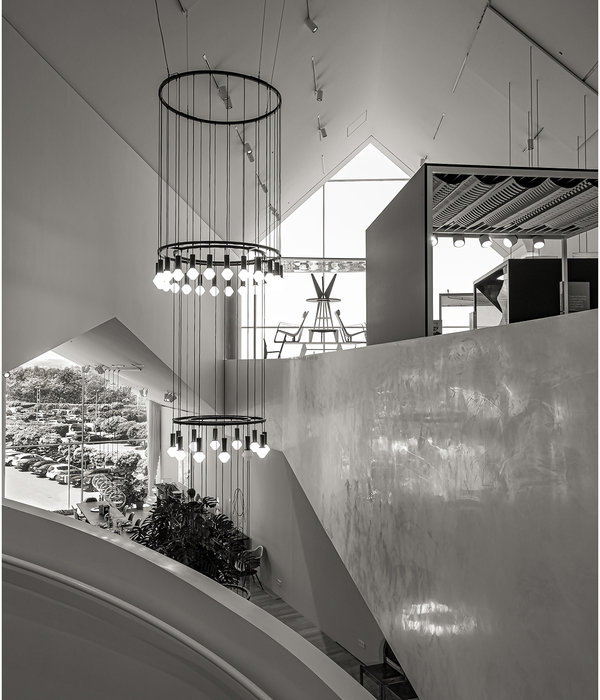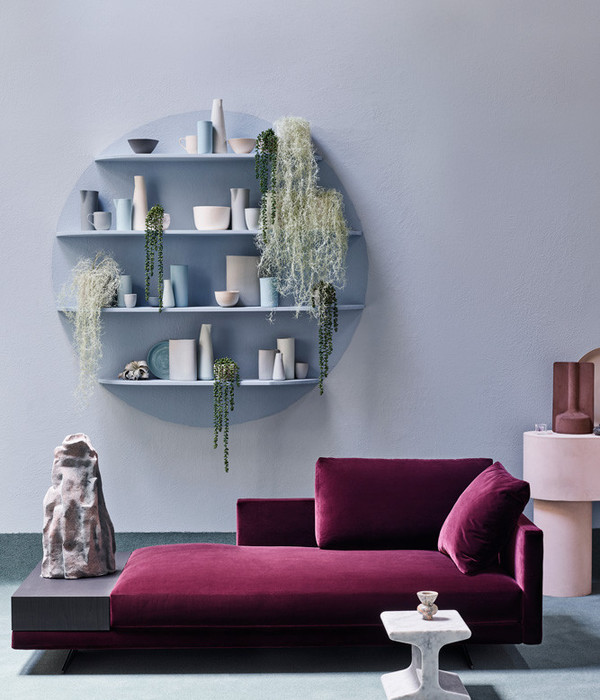阿姆斯特丹RAI成立于1893年,以制造自行车起家,如今已成为世界上最大的商业会展中心之一。1961年RAI会展中心便已建立于现在的位置,吸引了超过一亿游客前来参观,当时负责设计建造的建筑师是Alexander Bodon。1989年Benthem Crouwer建筑事务所荣幸地接管了这一任务,并在之后的20年间设计完成了Amtrium和Elicium大楼,阿姆斯特丹RAI螺旋停车场是RAI会展中心建筑群中最新的成员。
Originally founded in 1893 as a society for bicycle manufacturers, RAI Amsterdam has grown into one of the largest and busiest convention and exhibition centres of the world. Since RAI opened at its current location, in 1961, over a hundred million people visited the complex. Alexander Bodon was the supervising architect of the RAI from 1961 to 1989. As of 1989, Benthem Crouwel Architects is proud to have this honourable task. The past twenty years, Benthem Crouwel Architects has designed (among other projects) both the buildings Amtrium and Elicium for the RAI. The multifunctional car park is the latest addition to the RAI-complex.
▼建筑外观 external view of the building
这座新型多功能停车场位于阿姆斯特丹Zuidas商区A10环道边,建筑高达30米,有八层停车空间,可容纳约1000辆车停放,其二层除停车之外,还可用来举办会议和展览。当RAI没有活动时,这里可作为公共停车场供大众使用。
RAI Amsterdam Exhibition and Convention Centre has a new, multifunctional car park. The building is 30 metres high and its eight floors offer parking space for about 1.000 cars. The car park is situated on the ring road A10 and the Zuidas, Amsterdam’s business district. What makes the building remarkable is the fact that the first floor is not just for parking cars, but can also be used as a flexible space for conventions and exhibitions. When the RAI does not need the car park, the building can function as a public parking space. Benthem Crouwel Architects has been supervisor of the entire RAI complex since 1989. After conference buildings Amtrium and Elicium, this car park is the third building Benthem Crouwel Architects has designed for the RAI.
▼建筑二层平面,可用作会议和展览,the first floor plan which could be used for various activities
螺旋结构
Helixes
建筑整体为简洁的长方形,在其西端设计了两个标志性的螺旋塔楼,一个用以将车辆引入停车场上层,另一个做为出口让车辆回到街道。阿姆斯特丹RAI车辆繁多,这样将进出的车辆分流可以大大提高停车的效率。塔楼由预制混凝土构件建造而成,两个巨大的螺旋体相对而立,成为了A10沿线的标志性建筑。夜晚这里会被蓝色的LED灯光点亮,其优雅的螺旋形态会变得更为引人注目。
The building is characterized by a simple, rectangular shape. On the south side of the building, two remarkable helix-shaped towers spiral upwards: one gives access to the car park moving up, the other one is used by cars leaving the building going down. By separating the traffic flows, parking at this building is fast and efficient, which is very important to Amsterdam RAI. The towers consist of prefab concrete elements. Placed on top of each other, they form the driveways to enter or leave the parking floors. The iconic concrete helix-shaped towers are highly visible from the ring road A10, even more so at night when blue LED lights emphasize the elegant structures.
▼相对而立的两座螺旋塔楼,helix-shaped towers facing each other
▼夜晚蓝色LED灯光, blue LED lighting during night
▼从螺旋坡道上看到的景色,view from the spiral ramp
▼由预制混凝土构件建造的螺旋塔楼及其与主体的连接, helix-shaped towers built by prefab concrete and its connection with the main building
▼停车层室内, interior of the parking space
可变空间
Flexible space
这里不仅可以作为独立的停车场使用,还可以用来举办会议和展览。停车场二层有7.2米高,是其他停车层高度的两倍,整个大厅约有2800平米,其柱网尺寸为7,5米,这样大的尺度减少了空间中支撑结构的数量,使空间更为宽广,人们可以在其中安排不同活动功能。整栋建筑包含三个跨度为15米的中厅,可用作单独的活动空间,而当滑门拉开时,扩展展厅便与RAI主会场连接在了一起。除了一层,上层的停车场和屋顶也可供不同活动使用。
The car park is a stand-alone parking facility, and also a multifunctional building. The first floor is twice as high (7.2 meters) as the other parking levels, creating a large and spacious hall that can be used as an extra space for conventions and exhibitions. The hall measures about 2.800 m2 and has as few columns as possible, therefore it can be arranged in many different ways. The column structure stands on a grid of 7.5 meters. The building consists of three naves with a span of fifteen meters. The extension hall can be used independently for various events, but can also be connected – using sliding doors – to the main exhibition halls of the RAI. The uppermost parking level, the roof of the building, can also be exploited for all kinds of activities.
▼二层层高7.2米, the first floor is 7.2m high
▼柱网尺寸为7.5米,扩展展厅用拉门与主展厅相连, the grid is 7.5m and the extension hall is connected with the RAI halls by sliding doors
RAI薄板
RAI lamellae
停车场立面由竖向薄板构成,这一元素在RAI的建筑中被多次使用,是综合体建筑之间的一种外在联系。停车场立面的铝制薄板间隔设置,使建筑既通透又保持了一定的私密性;薄板间的空隙让风可以流入建筑,避免了机械通风的使用;而薄板的角度和朝向还可以达到遮雨的效果。
The parking floors are framed by vertical lamellae, used in many of the RAI buildings – thus pointing out the connection between the various buildings of the complex. The aluminium lamellae of the car park are spaced and therefore give the building an appearance that is both transparent and private. The RAI wanted a car park without mechanical ventilation; the spacing allows air to flow through. Because of the orientation of the lamellae, they also protect against rain.
▼立面的薄板, lamellae on the façade
▼薄板间隔保证了室内的通风, the space between the lamellae ensured the ventilation
▼总平面图, site plan
▼平面图, plans
▼立面图, elevations
▼剖面图, sections
FACTS
ARCHITECT: Benthem Crouwel Architects
CLIENT: RAI Amsterdam
LOCATION: Zuidas Amsterdam, aan de ring A10
GROSS FLOOR AREA:
Bruto floor area: 28265 m2 (excluding helixes)
Length: 73.45 m (exclusief wokkels)
Width: 47.55 m
Height: 31.629 m
START DESIGN: 2014
START CONSTRUCTION: 2015
OPENING: August 2016
PROJECT TEAM: Mels Crouwel, Heymen Westerveld, Noortje ter Heege, Willem Jan van der Gugten, Pepijn van der Kroft, Volker Krenz, Jerome Latteux
DESIGN & BUILD CONSTRUCTOR: Aan de Stegge Twello
PHOTOGRAPHER: Jannes Linders
Drawings: Benthem Crouwel Architects
English text: Benthem
{{item.text_origin}}

